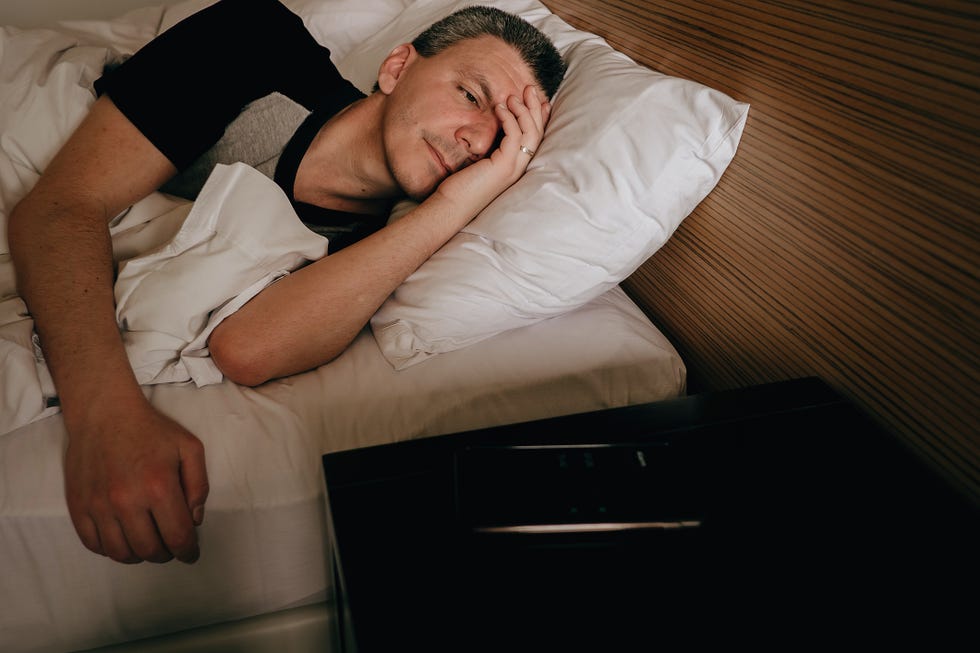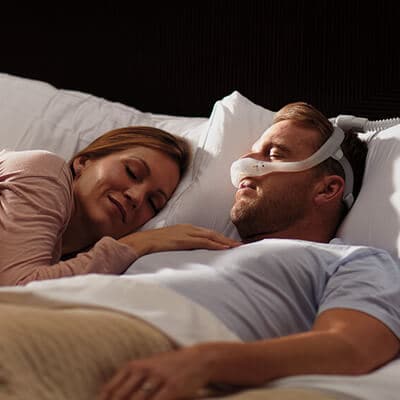Sleep Improvement Therapy - Boost Your Sleep Quality
Sleep Improvement Therapy - Boost Your Sleep Quality
Blog Article
Effective Therapy Solutions for Taking Care Of Rest Disorders and Enhancing Peaceful Sleep
In the realm of health care, the monitoring of rest disorders and the mission for relaxing rest are pivotal parts of overall wellness. Efficient treatment solutions use a diverse technique to tackle these obstacles, ranging from cognitive behavioral treatments to holistic practices that promote relaxation and mindfulness. The exploration of numerous methods, including the combination of drug and light therapy, opens a realm of opportunities in the search of better sleep high quality. As we browse the detailed landscape of rest disorders and look for to enhance our rest experience, a much deeper understanding of these treatment options might hold the trick to opening a much more relaxing and meeting corrective journey.
Cognitive Behavioral Therapy for Insomnia (CBT-I)
Cognitive Behavioral Therapy for Sleeplessness (CBT-I) is an organized, evidence-based treatment strategy that concentrates on dealing with the underlying aspects contributing to sleep disturbances. This type of therapy intends to modify habits and thoughts that exacerbate sleep problems, eventually promoting healthy sleep patterns. CBT-I typically entails several essential parts, consisting of cognitive therapy, rest restriction, stimulation control, and rest hygiene education.
Cognitive therapy helps people recognize and change negative idea patterns and beliefs about sleep that may be hindering their capability to drop or stay asleep. Rest constraint involves restricting the quantity of time spent in bed to match the person's actual rest duration, thus enhancing sleep efficiency (sleep therapy). Stimulus control strategies assist establish a solid association between the bed and rest by urging individuals to go to bed just when sleepy and to prevent taking part in stimulating tasks in bed
Moreover, sleep hygiene education concentrates on establishing healthy sleep habits, such as maintaining a consistent sleep timetable, producing a relaxing going to bed routine, and enhancing the rest environment. By dealing with these factors comprehensively, CBT-I uses a reliable non-pharmacological treatment for managing insomnia and boosting general sleep high quality.
Rest Health Practices
Having developed the foundation of cognitive restructuring and behavior alterations in addressing sleeping disorders via Cognitive Behavioral Therapy for Insomnia (CBT-I), the focus now shifts towards discovering important Sleep Hygiene Practices for keeping optimal rest quality and overall well-being.
Sleep health practices incorporate a series of behaviors and environmental elements that can significantly influence one's ability to go to sleep and remain asleep throughout the evening. Constant sleep and wake times, creating a relaxing bedtime routine, and optimizing the rest atmosphere by maintaining it dark, quiet, and cool are crucial parts of good rest health. Restricting exposure to screens prior to going to bed, staying clear of energizers like caffeine close to going to bed, and involving in regular exercise throughout the day can additionally advertise far better sleep quality.
In addition, practicing relaxation techniques such as deep breathing exercises or meditation before bed can assist relax the mind and prepare the body for sleep. By incorporating these rest hygiene practices right into one's day-to-day regimen, individuals can develop a healthy and balanced rest pattern that sustains restful rest and overall wellness.
Leisure Techniques and Mindfulness
Carrying out relaxation strategies and mindfulness practices can play a pivotal role in promoting a feeling of tranquility and promoting quality rest. Additionally, directed images can help carry individuals to a peaceful location in their minds, assisting in stress reduction and boosting sleep quality.
Mindfulness methods, such as meditation and yoga exercise, are likewise effective in advertising relaxation and improving rest. Mindfulness encourages people to remain existing in the moment, releasing fret about the past or future. By integrating these practices right into a bedtime regimen, individuals can signify to their bodies that it is time to prepare and relax for sleep. Generally, incorporating leisure strategies and mindfulness techniques can considerably add to taking care of rest conditions and enhancing general sleep high quality.

Medication Options for Sleep Disorders
After exploring leisure techniques and mindfulness methods as non-pharmacological treatments for enhancing rest top quality, it is essential to take into consideration medication choices for people with rest problems. In instances where way of life adjustments and therapy do not supply adequate alleviation, medication can be a valuable tool in taking care of sleep disturbances.
Commonly prescribed medications for sleep problems include benzodiazepines, non-benzodiazepine hypnotics, antidepressants, and melatonin receptor agonists. Benzodiazepines, such as diazepam, are sedatives that can aid cause sleep, yet they are typically suggested for temporary usage because of the risk of dependence. Non-benzodiazepine hypnotics like zolpidem are likewise made use of to deal with sleep try this out problems and have a reduced threat of dependancy contrasted to benzodiazepines. Antidepressants, such as trazodone, can be beneficial for people with co-occurring depression and sleep disruptions. Melatonin receptor agonists, like ramelteon, target the body's all-natural sleep-wake cycle and can be helpful for controling rest patterns.
It is critical for people to speak with a medical care service provider to identify the most appropriate medicine choice based on their details rest condition and case history.
Light Treatment for Body Clock Regulation
Light therapy, also known as photo-therapy, is a non-invasive treatment approach made use of to control body clocks and improve sleep-wake cycles. This therapy includes direct exposure to brilliant light that imitates natural sunshine, which assists to reset the body's biological rhythm. By subjecting people to specific wavelengths of light, typically in the morning or night depending upon the desired impact, light treatment can properly adjust the body clock to promote wakefulness throughout the day and boost peaceful rest during the night.
Research has actually shown that light treatment can be especially beneficial for individuals with body clock conditions, such as postponed sleep phase syndrome or jet lag. It can also be valuable for those experiencing seasonal depression (SAD), a sort of anxiety that normally happens throughout the winter season when natural light direct exposure is reduced. Light treatment is typically well-tolerated and can be utilized along with various other therapy approaches for rest disorders to optimize end results and enhance overall rest top quality.
Conclusion
Finally, effective therapy options for managing rest disorders and boosting restful rest include Cognitive Behavior modification for Sleeping Disorders (CBT-I), rest health methods, leisure strategies and mindfulness, medication alternatives, and light therapy for circadian rhythm regulation. These strategies can assist people boost their sleep quality and general wellness. It is essential to speak with a medical care copyright to establish the most suitable strategy for addressing sleep issues.
As we navigate the elaborate landscape of rest conditions and navigate here seek to boost our sleep experience, a much deeper understanding of these therapy solutions may hold the key to opening a more rejuvenating and fulfilling corrective journey.
Sleep limitation involves restricting the quantity of time spent in bed to match the person's actual rest period, thereby increasing sleep effectiveness. Consistent sleep and wake times, creating a relaxing going to bed regimen, and enhancing the stress insomnia rest setting by keeping it dark, quiet, and cool are important components of great sleep health. Light therapy is usually well-tolerated and can be utilized in combination with various other treatment approaches for rest disorders to optimize outcomes and enhance general rest quality.

Report this page